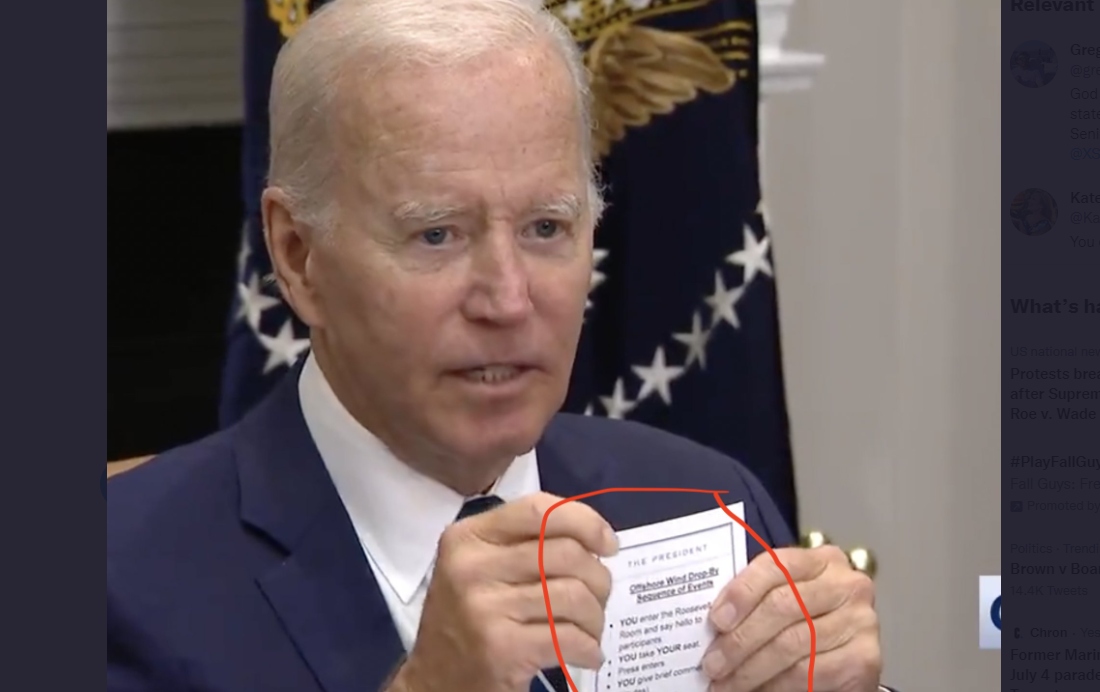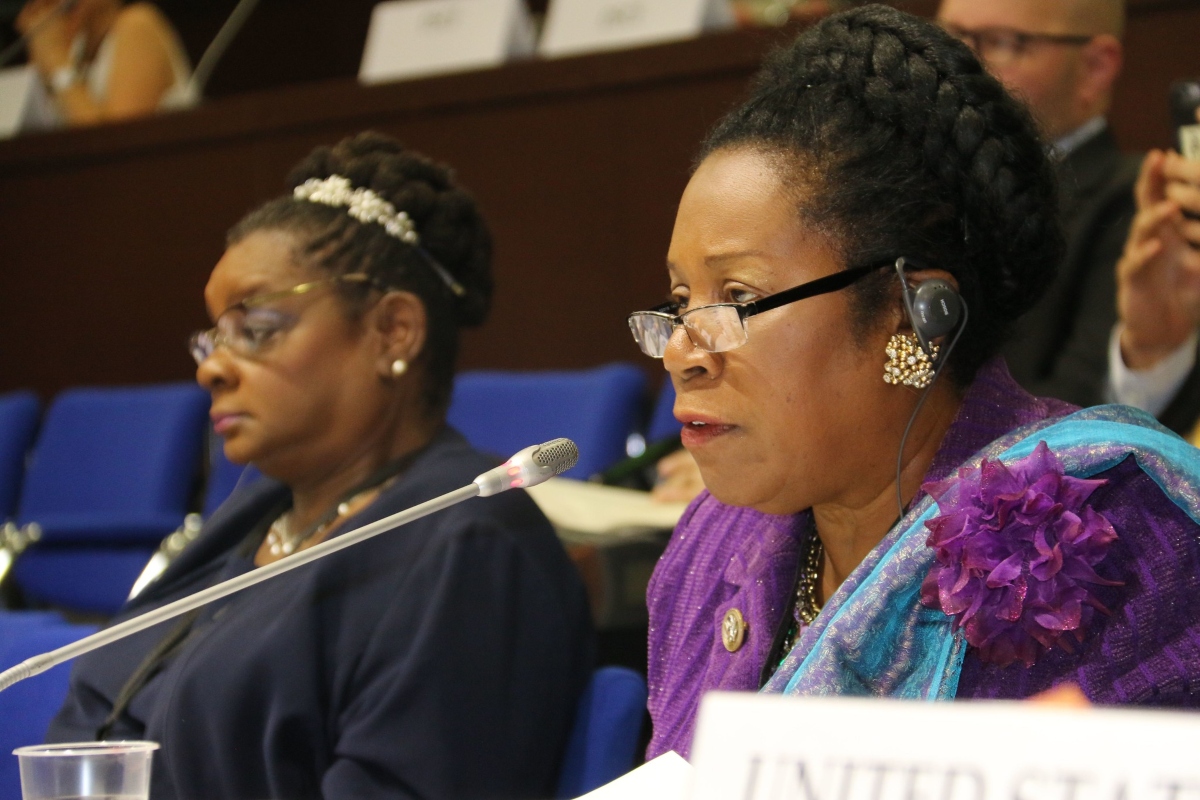
The Environmental Protection Agency (EPA) has announced a crackdown on so-called "forever chemicals" in drinking water by means of proposed national standards.
The agency put forward the proposed guidelines in a March 14 press release. It emphasized that the guidelines will "prevent thousands of deaths and reduce tens of thousands of serious illnesses" caused by per- and polyfluoroalkyl substances (PFAS).
The proposal sought to regulate two PFAS – perflourooctanoic acid (PFOA) and perfluorooctane sulfonate (PFOS) – as individual contaminants. Public water systems must ensure that the maximum contaminant level (MCL) for these two chemicals does not exceed four parts per trillion (ppt).
Meanwhile, four other PFAS – PFNA, PFHxS, PFBS and GenX Chemicals – would be regulated as a mixture. "Water systems would use an established approach called a hazard index calculation … to determine if the combined levels of these PFAS pose a potential risk," the agency stated.
"If finalized, the proposed regulation will require public water systems to monitor for these chemicals. It will also require [public water] systems to notify the public and reduce PFAS contamination if levels exceed the proposed regulatory standards."
But the American Chemistry Council, a lobby group representing the interests of more than 190 chemical companies, begged to differ. They blasted the EPA's "misguided" approach, adding that the proposed limits would "likely result in billions of dollars in compliance costs."
The interest group expressed "serious concerns with the underlying science used to develop the proposed MCLs." It also accused the EPA of violating its own guidance by combining substances affecting different health endpoints into a single index – as seen in the hazard index calculation.
We are building the infrastructure of human freedom and empowering people to be informed, healthy and aware. Explore our decentralized, peer-to-peer, uncensorable Brighteon.io free speech platform here. Learn about our free, downloadable generative AI tools at Brighteon.AI. Every purchase at HealthRangerStore.com helps fund our efforts to build and share more tools for empowering humanity with knowledge and abundance.
"The proposals have important implications for broader drinking water policy priorities and resources, so it's critical that [the] EPA gets the science right," the ACC said in a statement.
WHO proposes smaller PFAS limit for drinking water
The EPA's announcement came four months after a group of scientists rebuked the World Health Organization (WHO) for turning a blind eye on the dangers of PFAS in drinking water.
The 116 PFAS experts denounced the global health body's proposed PFAS guidelines in a Nov. 10, 2022 letter to Bruce Gordon, the WHO's coordinator of water, sanitation, hygiene and health. The WHO draft guidelines proposed a 100 ppt contaminant level for PFOA and PFOS, and a 500 ppt contaminant level for other PFAS. (Related: More than 100 scientists accuse WHO of ignoring risks of "forever chemicals" on human health.)
"The proposed WHO guidelines are derived using a seemingly arbitrary technology-based approach, and are far less protective than if a scientifically defensible health-based approach were used," they wrote.
The PFAS experts also indicated that the WHO assessment "disregards the robust evidence of human health harm [caused by PFAS] at environmentally relevant exposure levels, which is also supported by experimental literature." According to them, PFAS can cause different kinds of harm to human health – including cancer, liver damage, increased cholesterol levels and damage to the immune system.
The signatories of the letter urged the WHO to significantly revise the draft and consider the numerous studies that link PFAS exposure to different health issues, if not withdraw it altogether.
"PFOA and PFOS are routinely removed from drinking water to non-detectable levels. Therefore, treatment removal limitations do not prevent the ability to meet health-protective drinking water levels. We share the WHO’s concern about the high cost of PFAS remediation. However, the high cost associated with water treatment measures is not a valid justification for setting less protective drinking water guidelines."
Visit CleanWater.news for more stories about PFAS in drinking water.
Watch this video about PFAS being found in the drinking water systems of 43 U.S. cities.
This video is from the ZGoldenReport channel on Brighteon.com.
More related stories:
EPA pledges to regulate PFAS in drinking water.
Scientists challenge WHO draft guidelines for PFAS in drinking water.
EPA doing "bare minimum" to address toxic PFAS pollutants in drinking water.
"Forever chemicals" from almost 42,000 sources threaten to contaminate drinking water.
PFAS chemicals are now in the drinking water of about 16 million Americans, new study concludes.
Sources include:
Please contact us for more information.



















